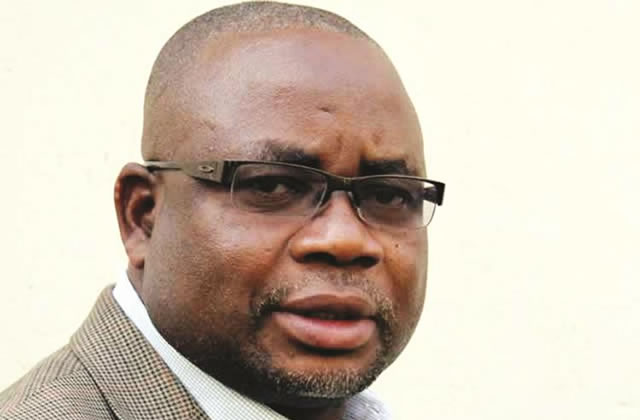
REVELATIONS that the three parties to the Tripartite Negotiating Forum (TNF), government, business and labour have expressed a willingness to sit down and find common ground is indeed a welcome development.
Labour minister Paul Mavima, business representative and Employers’ Confederation of Zimbabwe president Israel Murefu as well as labour representative and the Zimbabwe Congress of Trade Unions president Peter Mutasa recently told State media that they were ready to negotiate and iron out their differences for the benefit of all.
The TNF, which was legislated in June 2019 amid pomp and fanfare, faced major hurdles last year mainly over the issue of wages as other partners accused the government of failing to take them seriously and treating them as secondary partners.
The TNF is a platform that brings together government, business and labour to negotiate key socioeconomic matters.
It has been in existence since 1998 initially as a voluntary and unlegislated chamber in which socioeconomic matters were discussed and negotiated by the partners.
The current standoff in the body came to a head last year when labour boycotted the TNF meeting which was scheduled for December 17 citing the lack of seriousness by both government and business in addressing the issue of eroded wages.
It came during a period when prices of goods and services had skyrocketed amid eroded wages hard hit by inflation, thus increasing the levels of poverty in many households.
Negotiations by the three parties cannot be more timely.
- Chamisa under fire over US$120K donation
- Mavhunga puts DeMbare into Chibuku quarterfinals
- Pension funds bet on Cabora Bassa oilfields
- Councils defy govt fire tender directive
Keep Reading
They come at a time when negotiations within the various national employment councils are littered with deadlocks, with some sectors still paying a minimum wage of $2 500 imposed by the government after the three parties failed to agree on the issue at a TNF meeting last year.
The importance of the three parties finding common ground, given the parlous state of the economy, cannot be overemphasised.
There is no room for inflated egos by any of the three parties when the majority of workers are suffering as their paltry wages lag far behind the prices of goods and services which are being indexed against the United States dollar and a rate much higher than the official US$1: 83.
Government cannot afford to play the big brother role as it did last year when it unilaterally imposed a minimum wage of $2 500 after reaching a deadlock.
It cannot impose its will and expect to come up with a solution that will adequately address the concerns of all three parties.
As the International Labour Organisation country director for Zimbabwe and Namibia, Hopolang Phororo once said: “I am really hoping to see the TNF working because we believe that when people talk, it helps. It is not going to solve all the problems but it helps move issues. We must get us talking on the same page.”
We could not agree more.











